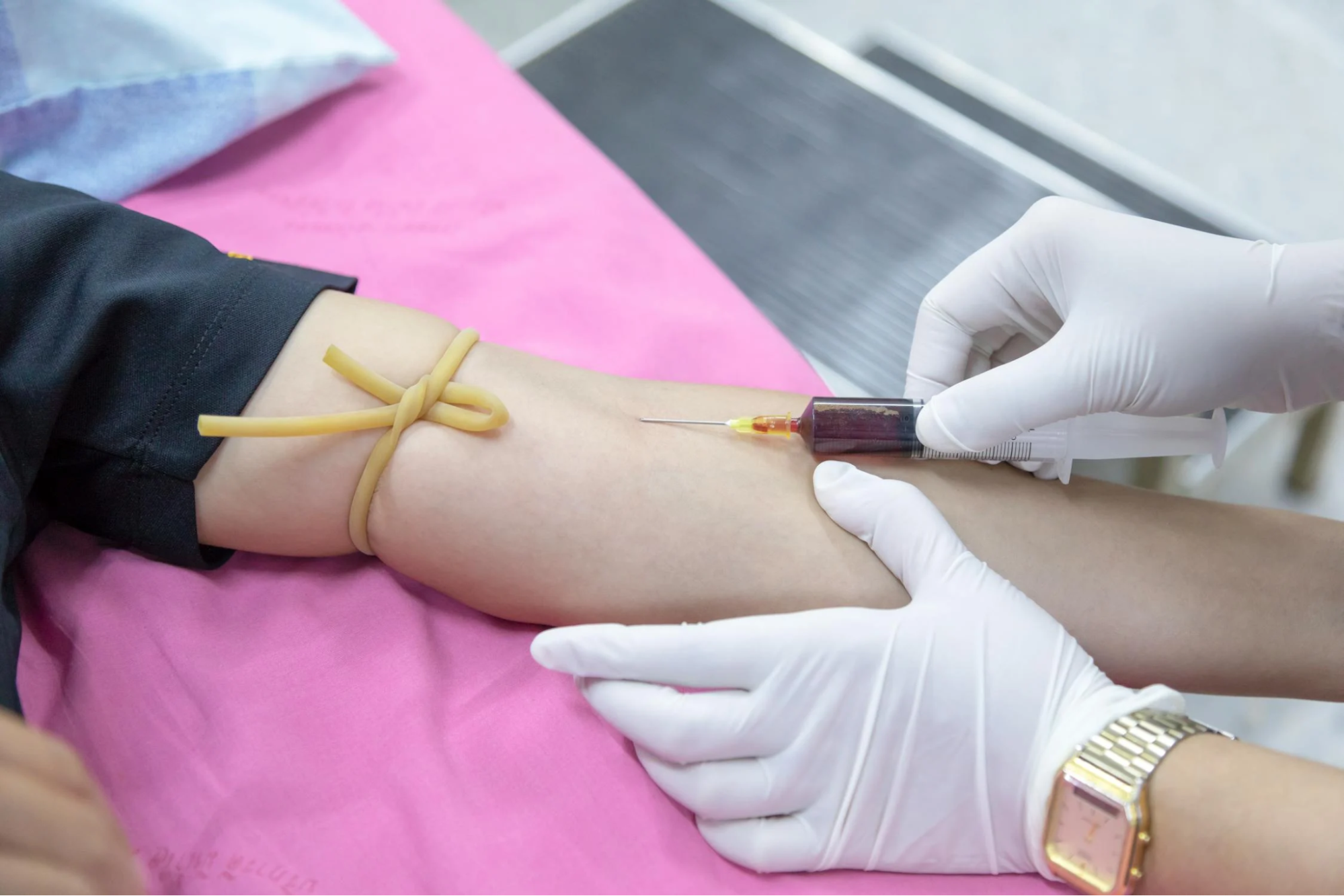As the most environmentally conscious generation, Gen Z is reshaping industries worldwide. Their commitment to sustainability goes beyond personal consumption and into critical sectors like healthcare waste management, driving innovations that minimize environmental harm. With global healthcare waste surging due to increased medical services, their push for greener practices has become more relevant than ever.
The Gen Z Sustainability Ethos
For Gen Z (people born between 1996 and 2010), sustainability isn’t just a buzzword—it’s a way of life. As digital natives, they’ve grown up with instant access to environmental data and global news, making them hyper-aware of pressing ecological issues. Their tech-savvy nature allows them to spread eco-conscious messages through platforms like TikTok and Instagram, mobilizing peers and driving real-world change.
However, greenwashing—where companies exaggerate sustainability claims—simply won’t cut it with this generation. Rather than empty promises, Gen Z calls for authenticity. As the ‘sustainability generation,’ they scrutinize brands for transparency and hold businesses accountable, demanding that sustainability becomes a core operational standard rather than just a marketing ploy. Watch this TikTok to learn more about the signs of greenwashing.
A recent survey revealed that a staggering 85% of Gen Z consumers consider environmental impact when making purchasing decisions. This shift in consumer behavior is forcing companies across all sectors, including healthcare, to reevaluate their practices and adopt more sustainable approaches.
The Stats That Fuel the Fire
Did you know that the healthcare industry produces a staggering 4.4% of global carbon emissions? It’s facts like these that make Gen Z so motivated to make a change.
The World Health Organization (WHO) estimates that 85% of the waste generated by healthcare activities is non-hazardous, but the remaining 15% is considered hazardous material that may be infectious, toxic, or radioactive. In high-income countries, an average of 0.5 kg of hazardous waste is generated per hospital bed per day. In low-income countries, while the overall waste per bed is lower (0.2 kg), the proportion of hazardous waste tends to be higher due to inadequate waste segregation practices.
These statistics paint a clear picture of the challenge at hand. With an estimated 16 billion injections administered globally each year, the improper disposal of syringes, sharps, and other biohazardous waste poses serious environmental and health risks.
The Environmental Impact of Medical Waste
The consequences of improper medical waste disposal are far-reaching and devastating:
- Plastic Pollution: Single-use syringes, vials, and personal protective equipment often end up in landfills or oceans, contributing to the global plastic crisis. This waste can take hundreds of years to decompose, causing long-lasting damage to ecosystems.
- Chemical Contamination: Discarded pharmaceuticals and chemical waste from medical procedures can leach into water supplies, harming marine life and ecosystems. This contamination can lead to the development of antibiotic-resistant bacteria and disrupt aquatic food chains.
- Biohazard Risks: Used sharps and biomedical waste increase the risk of spreading infectious diseases when not safely contained. Improper disposal can expose waste workers, the public, and wildlife to dangerous pathogens.
- Air Pollution: Incineration of medical wastes can release harmful pollutants into the atmosphere.
- Greenhouse Gas Emissions: The healthcare sector’s contribution to global net emissions is significant, with a large portion attributed to the production, transport, and disposal of medical supplies and waste.

Eco-Friendly Innovations in Healthcare Waste Management
Companies like Daniels Health have pioneered reusable sharps containers that can reduce greenhouse gas emissions by up to 84% compared to disposable systems. If used nationwide, their Sharpsmart system could help reduce 64,000 metric tons of CO2 emissions annually in U.S. hospitals. By using durable, reusable bins for sharps and biohazard waste, healthcare facilities can significantly cut down on plastic waste and reduce their carbon footprint.
Smarter Waste Segregation Programs
Better sorting of hazardous and non-hazardous materials at healthcare facilities reduces the environmental load on treatment plants. Hospitals are implementing color-coded waste segregation systems and providing staff training to ensure proper disposal of different types of medical waste.
Sustainable Sterilization Practices
Advanced sterilization technologies reduce the amount of toxic by-products traditionally associated with incineration. There are now low-temperature hydrogen peroxide gas plasma sterilization methods available, which are more environmentally friendly than traditional ethylene oxide sterilization.
The Role of Future Healthcare Leaders
For healthcare students and aspiring professionals, there are many ways to play your part in the sustainability movement:
- Advocate for Change on Campus: Engage with university health services to implement greener waste disposal systems. This could involve organizing workshops on proper waste segregation or proposing the use of reusable sharps containers in campus clinics.
- Raise Awareness: Launch campus campaigns highlighting the impact of medical waste on the environment. Use social media platforms to share infographics and educational content about sustainable healthcare practices.
- Partner with Sustainability Leaders: Collaborate with environmentally conscious organizations to implement best practices in healthcare settings. This could involve internships or research projects focused on sustainable medical waste management.
- Integrate Sustainability into Curricula: Advocate for the inclusion of environmental sustainability courses in healthcare education programs. Understanding the environmental impact of healthcare practices should be a fundamental part of medical training.
- Research and Innovation: Participate in or initiate research projects focused on developing eco-friendly medical supplies or improving waste management technologies.
Join the Green Team: What You Can Do
Feeling inspired? Here’s how you can be part of the solution:
- Speak Up: Ask your local hospital about their waste management practices.
- Educate Yourself: Learn about proper medication disposal to prevent water contamination.
- Support Green Initiatives: Volunteer for or donate to organizations working on sustainable healthcare solutions.

The Future is Green (and in Good Hands)
As we look ahead, the course of sustainable healthcare is optimistic. With Gen Z leading the charge, we’re not just treating patients—we’re healing the planet. As Gen Z enters the workforce and assumes leadership positions in healthcare, their ingrained values of sustainability will likely accelerate the adoption of eco-conscious practices.
By integrating these eco-conscious practices into healthcare, future professionals can ensure that sustainability is not just a goal but a guiding principle. Every little bit counts, and together, we can contribute to a healthcare system that prioritizes both human well-being and environmental health for generations to come.



